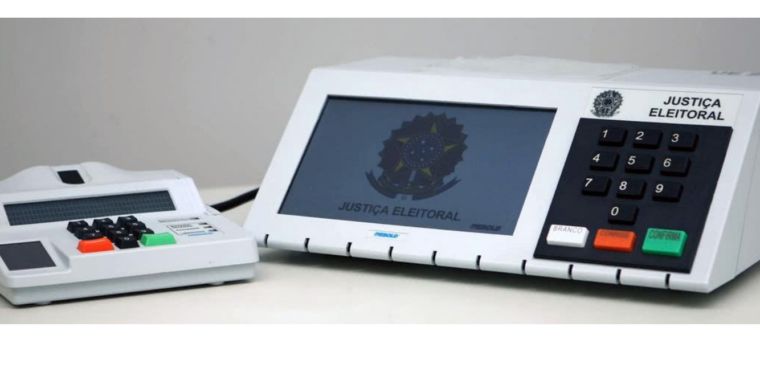
In a blow to electronic-voting critics, Brazil’s Supreme Court has suspended the use of all paper ballots in this year’s elections. The ruling means that only electronic ballot boxes will be used, and there will be no voter-verified paper trail that officials can use to check the accuracy of results.
In an 8-2 majority, justices on Wednesday sided with government arguments that the paper trails posed a risk to ballot secrecy, Brazil’s Folha De S.Paulo newspaper reported on Thursday. In so doing, the justices suspended a requirement that 5 percent of Brazil’s ballot boxes this year use paper. That requirement, by Brazil’s Supreme Electoral Court, already represented a major weakening of an election reform bill passed in 2015.
Speaking in support of Wednesday’s decision, Justice Gilmar Mendes equated proponents of voter-verified paper trails to conspiracy theorists.
“After the statements made here [by those who defend paper votes], we have to believe that perhaps we did not actually reach the moon,” Mendes was quoted as saying. “There are beliefs and even a religion around this theme.”
Brazil first introduced the limited use of Direct Recording Electronic voting machines in 1996, ironically in response to regular reports of fraud committed using paper ballots. By 2000, elections were fully electronic. Since then, Brazilian voters have received no paper trail that can be used to audit tallies. The 2015 reform law required, among other things, the use of paper ballots. Brazil’s Supreme Electoral Court had planned to begin phasing in that requirement starting with elections scheduled for October. This week’s Supreme Court decision suspends that deadline.
Computer scientists across the political spectrum have long argued that electronic voting is more susceptible to fraud or glitches than paper ballots. When computers are the sole means used to register a vote, there’s no physical record officials can review later if anomalies are found. That deficiency is largely not found when some form of paper is used. While voting by computer or paper is prone to deliberate tampering or accidents that affect accuracy, electronic voting critics say votes cast by paper, or those that at least leave some form of paper trail, can be verified in ways not possible with votes made solely with computers.
Wednesday’s decision came three months after a team of computer scientists published a research paper that reported a litany of serious technical flaws in Brazil’s current electronic voting system. The vulnerabilities included the hard-coding of cryptographic keys directly into the software, code libraries that were missing digital signatures verifying that they were authentic, and the ability of people with access to the machines to infect them with malicious code.
On Wednesday, one of the coauthors of that paper, Diego F. Aranha of Brazil’s University of Campinas, criticized the suspension.
Today marks a sad ending to 6 years of hard work to prove our voting system is insecure. I decided to become a scientist with the firm belief that science can change and improve society and the world around us, but maybe I was too naive to think this was possible in Brazil.
— Diego F. Aranha (@dfaranha) June 6, 2018
“Today marks a sad ending to 6 years of hard work to prove our voting system is insecure,” he wrote on Twitter. “I decided to become a scientist with the firm belief that science can change and improve society and the world around us, but maybe I was too naive to think this was possible in Brazil.”
Be the first to comment